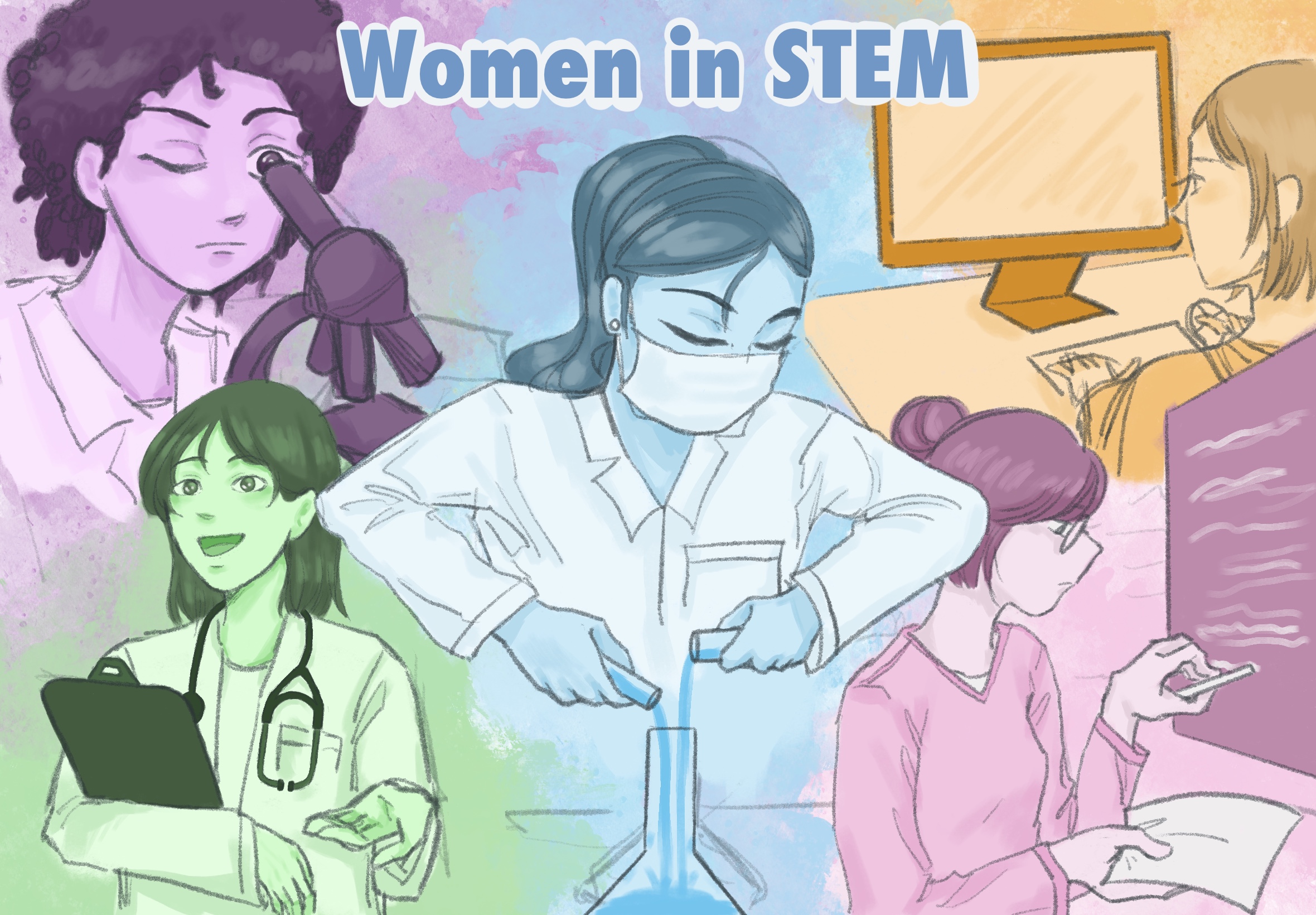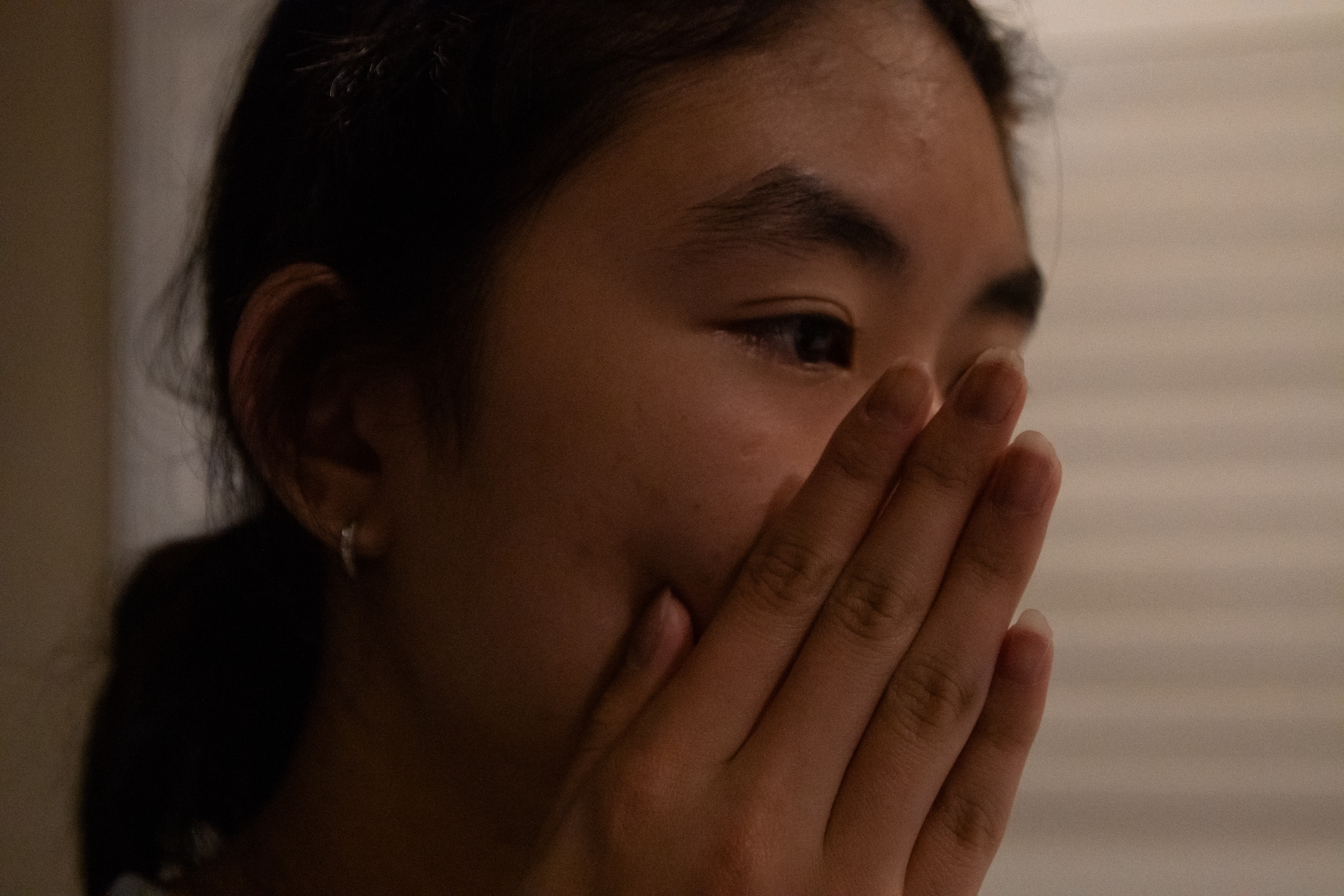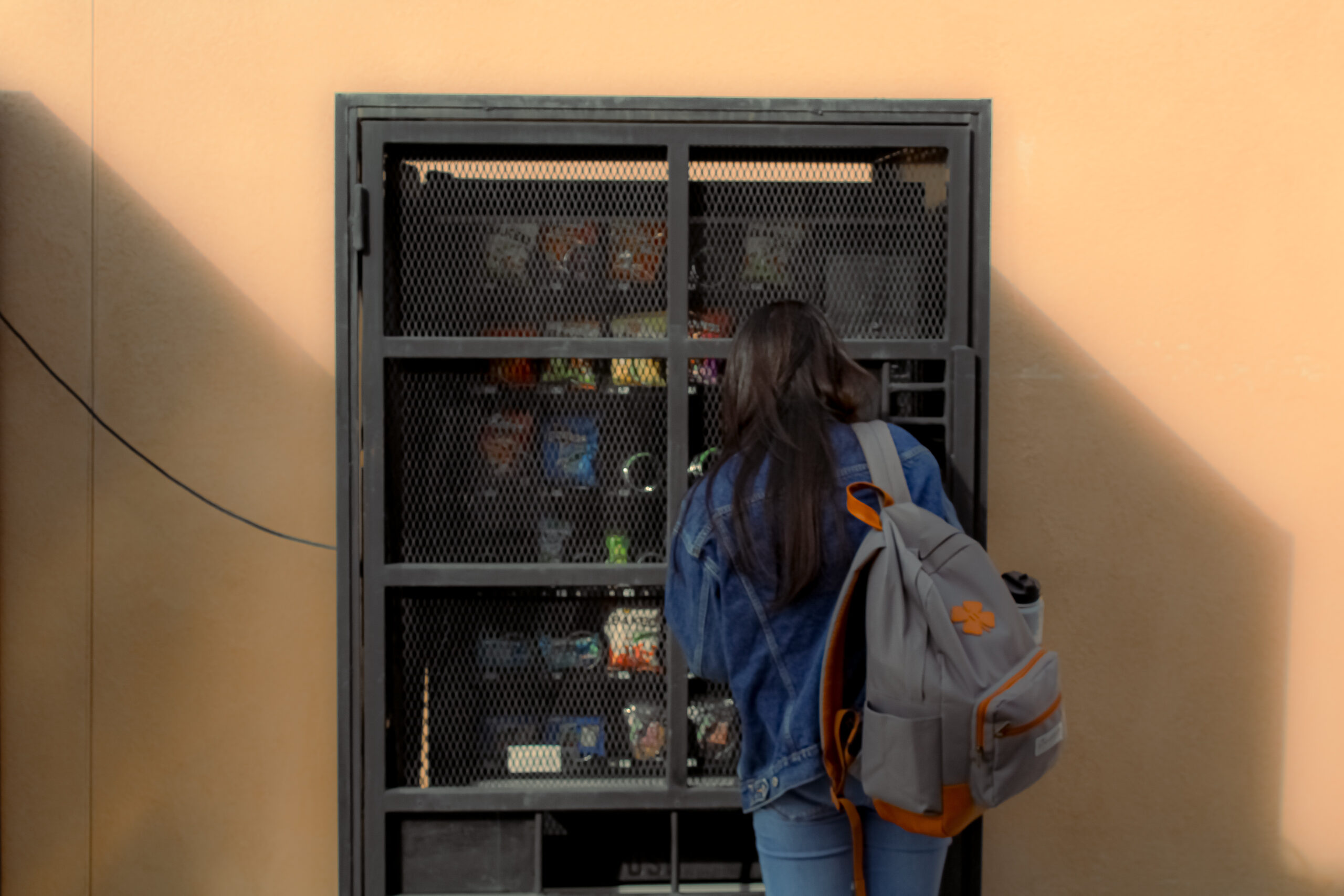
By Benjamin Minch, Staff Writer
There have been many studies over the past few years about napping, including ones that have confirmed that napping is indeed a good thing. But today, we will be examining one of those studies to see if it is actually beneficial in the way that napping is done at Fountain Valley High School (FVHS).
According to the article, the most important factor in determining if a nap is going to help you is to ask the question: “Why am I taking a nap?” If the answer to this question is because you are feeling stressed, then it is probably a good idea to take a nap, as naps have been seen to relieve those symptoms.
If your answer is “because I am drowsy or tired” then napping probably isn’t the best solution to your problems. When you feel tired, you feel this way because you haven’t consumed an adequate amount of nutrients or water.
“Regardless, naps can be good things but only if they are within 15-90 minutes in length,” said Dr. Sara Mednick. She continues to say that naps are very beneficial to a group of people she refers to as “natural nappers”. These people have a specific genetic wiring to allow them to not enter deeper sleep stages.
Most students at FVHS including myself, don’t fall into this category. Some students even reported taking naps that lasted three hours on a given day. This form of napping is very bad for productivity means because it sucks up three hours that could be spent doing homework or studying. Many will also report feeling even more groggy after the nap, as they do not fall into the category of a natural napper.
Naps cause many students to stay up late doing homework, including senior Cameron Nakashima. “Often, I take long two-hour naps and do homework pretty late during the day,” said Nakashima.
Just a simple look around FVHS’s campus will reveal that this problem is widespread. Many students are up until after midnight doing homework or studying for a test. This behavior never made sense to me as I am a volleyball player enrolled in four Advanced Placement (AP) classes and have never stayed up that late doing homework. In light of naps, however, I soon found out why this was such a procrastination problem.
Students are going home and taking naps that are way too long. After they wake up, they feel groggy and proceed to do homework very slowly, which causes them to stay up until the late hours of the night. As a result, they are tired the next day at school, triggering their instinct to nap when they get home and starting the cycle all over again.
Napping can be a good thing, but napping around FVHS has been done wrong and is causing many sleepy students to get sucked into an endless nap cycle. This is a huge threat to productivity and needs to be changed in order to give students the sleep they need to make good decisions and have a clear mind.





